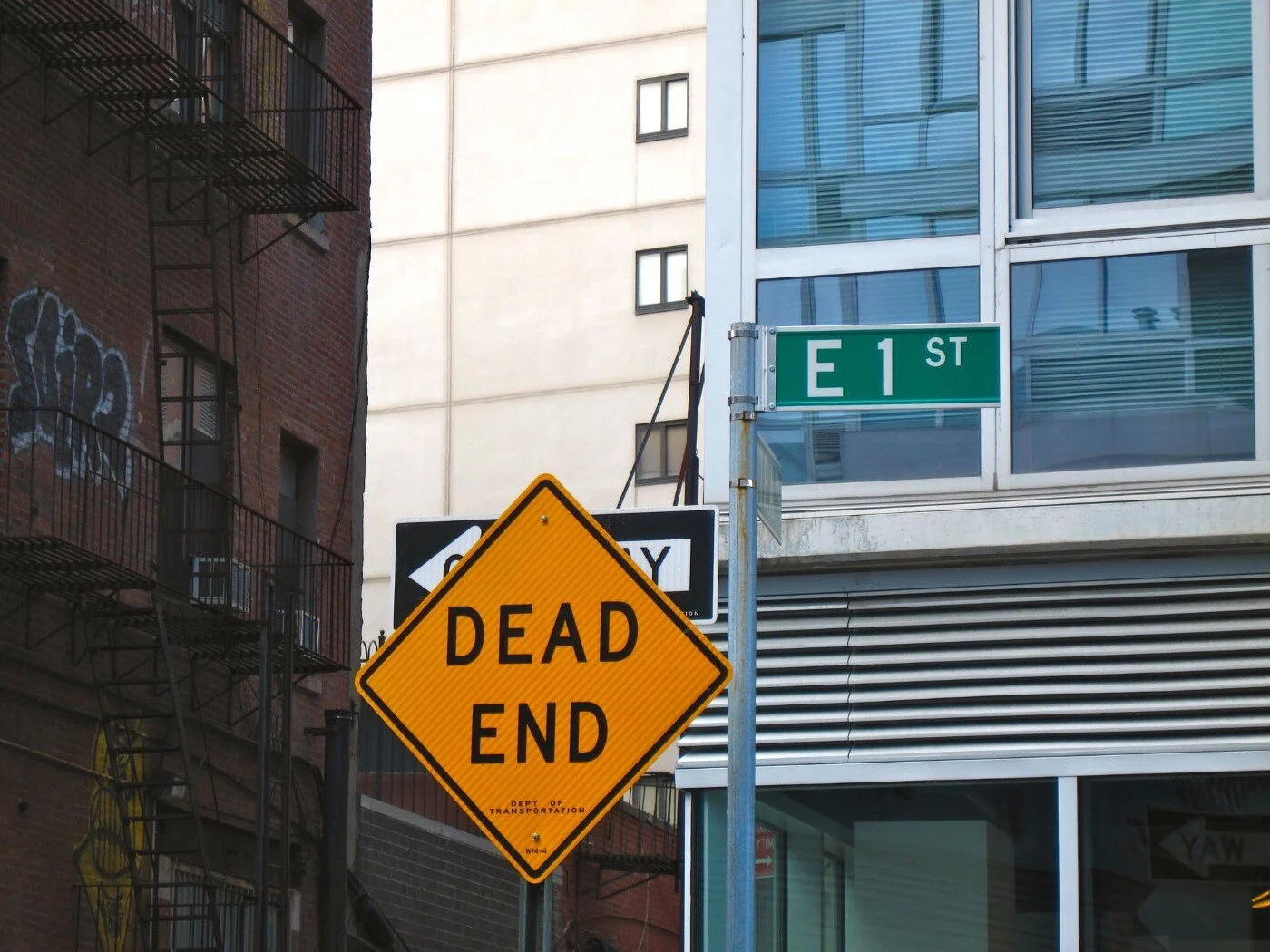In Orwell’s Words — 9 Quotes On Writing, Politics, and Art
I recently read George Orwell’s “Why I Write,” a quasi autobiography that details his personal journey to becoming a writer. From that, I’ve accumulated a collection of his quotes on the life and love of writing during the reading, which are now spilling out of the pages of my journal. In order to relieve myself of some of the quotes, a relief valve for my brain so to speak, I’d thought I’d share stand outs.
Writing a book is a horrible, exhausting struggle, like a long bout of some painful illness. One would never undertake such a thing if one were not driven on by some demon whom one can neither resist nor understand. For all one knows that demon is simply the same instinct that makes a baby squall for attention. And yet it is also true that one can write nothing readable unless one constantly struggles to efface one’s own personality. Good prose is like a windowpane.”
― George Orwell, Why I Write
Writing certainly feels like an addiction a times. I love having done it, can often hate doing it, but am even more miserable when I can’t build up the momentum to consistently be doing it.
It’s horrible, exhausting, and worth every minute beating your head against your keyboard.
“When I sit down to write a book, I do not say to myself, ‘I am going to produce a work of art.’ I write it because there is some lie that I want to expose, some fact to which I want to draw attention, and my initial concern is to get a hearing.”
― George Orwell, Why I Write
Does anyone set out to produce a work of art? I generally have a seed of an idea, sometimes a single image, and that grows naturally into a story in my mind, which I then squeeze something approximating a work of art from.
“All the papers that matter live off their advertisements, and the advertisers exercise an indirect censorship over news.”
― George Orwell, Why I Write
In the age of cancel culture, this seems truer than ever. When someone missteps, when someone says something they shouldn’t have, what is usually the first to go is their sponsorships.
But this quote also reminded me of something else. The business model of the literary magazine is in trouble, and it’s harder than ever to sustain a literary journal or magazine than it has ever been.
That’s not to say the desire to read good fiction or literature is dying. In some ways, it’s stronger than ever. What’s the business model of the future literary magazine or publisher that will succeed?
“I had the lonely child’s habit of making up stories and holding conversations with imaginary persons, and I think from the very start my literary ambitions were mixed up with the feeling of being isolated and undervalued. I knew that I had a facility with words and a power of facing unpleasant facts, and I felt that this created a sort of private world in which I could get my own back for my failure in everyday life.”
― George Orwell, Why I Write
There are two things I think are vital to being a writer here.
One, to be a writer, you have to be comfortable with being alone for large periods of time. Writing is itself a solitary act. It is not performative, it is singular, and the magic happens while you struggle in the solitude of your own space.
Two, you must be focused on truth. Even if you’re writing science fiction, fantasy, or YA novels, you should be aiming at something approaching truth.
“No book is genuinely free from political bias. The opinion that art should have nothing to do with politics is itself a political attitude.”
― George Orwell, Why I Write
On the subject of truth, a novel is in essence political, because in approaching a truth-hood about society, or the human condition, or relationships between, you send a political message about the way things should be, the way things are, or the way things should never be.
“Never use the passive where you can use the active.”
― George Orwell, Why I Write
This is just good advice that you’ll hear in any introductory writing novel. The passive is weak, and does nothing to ignite the passions of the reader. It comes across as tepid and unsure. The active is strong. It puts your words into the mind of the reader, ignites their imagination, and lets them see your scene as a movie projector playing in their head.
Here’s an example of both:
Passive:
The exam was failed by the majority of the class.
Active:
The majority of the class failed the exam.
The difference is the actor of the sentence is the class. They are the ones doing the action (failing). When you make the actor the object of the sentence it becomes passive. When the actor is the subject of the sentence, it is active.
“… the writer knows more or less what he wants to say, but an accumulation of stale phrases chokes him like tea-leaves blocking a sink.”
― George Orwell, Why I Write
This reminds me of how drafts are made. You more or less know what you want to say, but you have to write it by approximating your story with a series of bad sentences that get better with each draft.
Imagine a statue being carved out of marble. With each pass, it begins to look more and more like the image you have in your head.
“This invasion of one’s mind by ready-made phrases (lay the foundations, achieve a radical transformation) can only be prevented if one is constantly on guard against then, and every such phrase anesthetizes a portion of one’s brain.”
― George Orwell, Why I Write
Again, this is basic introductory writerly advice. Steer clear of the cliche. Try to be original.
“It is bound to be a failure, every book is a failure, but I do know with some clarity what kind of book I want to write.”
― George Orwell, Why I Write
When you write a novel, or any piece of writing, you’ll at some point need to give up. Your work will not be finished, because no work is finished, but at some point you need to give up and move on. That’s when a work is done. If you wait for a piece of work to be finished before finishing you’ll never get anything done.
Your work can always be better and you’ll always see things in it that need to be fixed, but that is a forever state. In that way, all work is in a perpetual state of failure.
Rarely will you find a seasoned writer happy with the work they produced. Being critical is part of the job and it’s hard to turn off.
Ian Canon is the author of It’s A Long Way Down (2018) and Before Oblivion (2017). His second novel What We Do On Weekends is forthcoming. His stories have been featured in The Creative Cafe, Montreal Writes, The Junction, The Sunlight Press, The Spadina Literary Review, Found Polaroids, and he’s been profiled for Vue Magazine.



